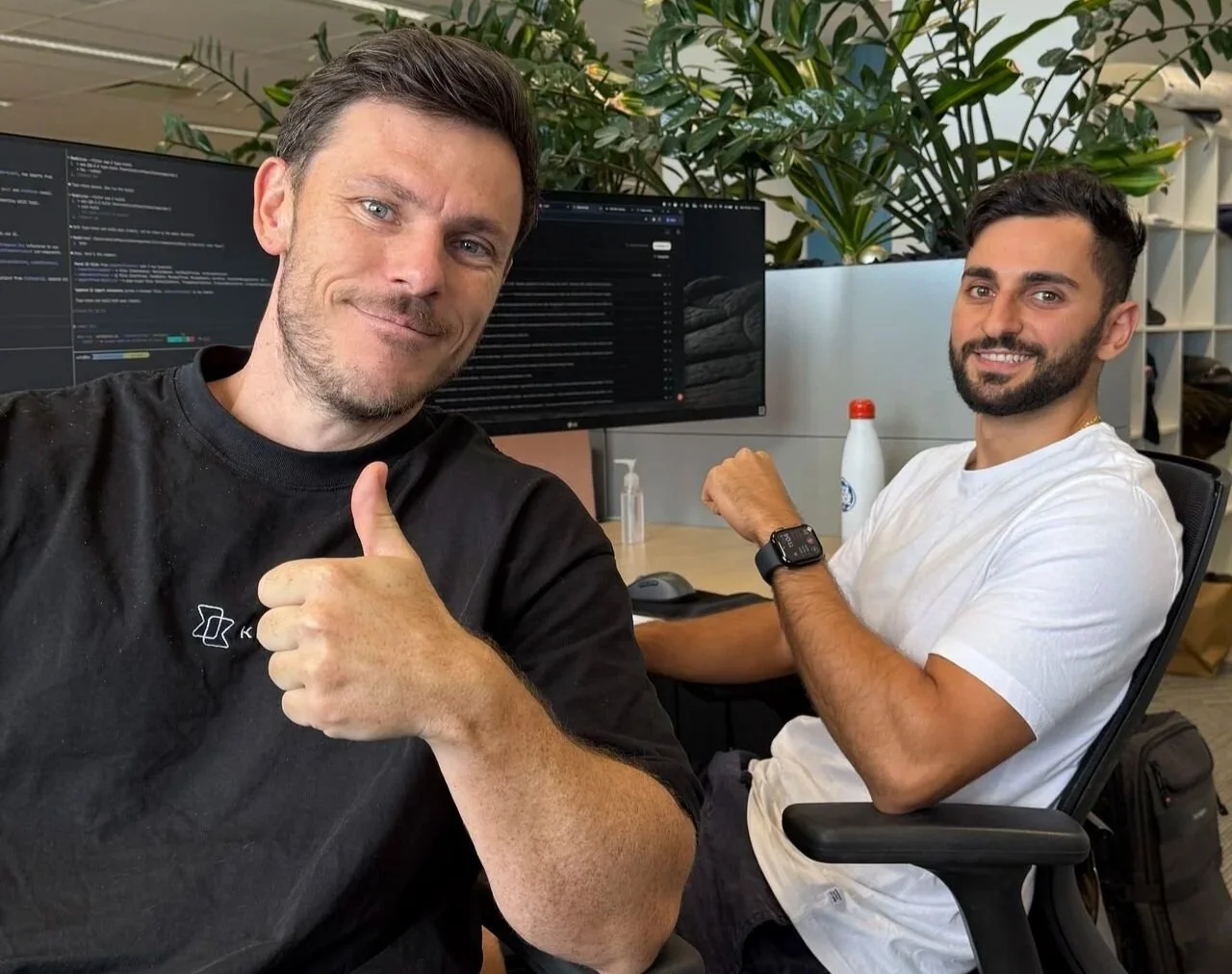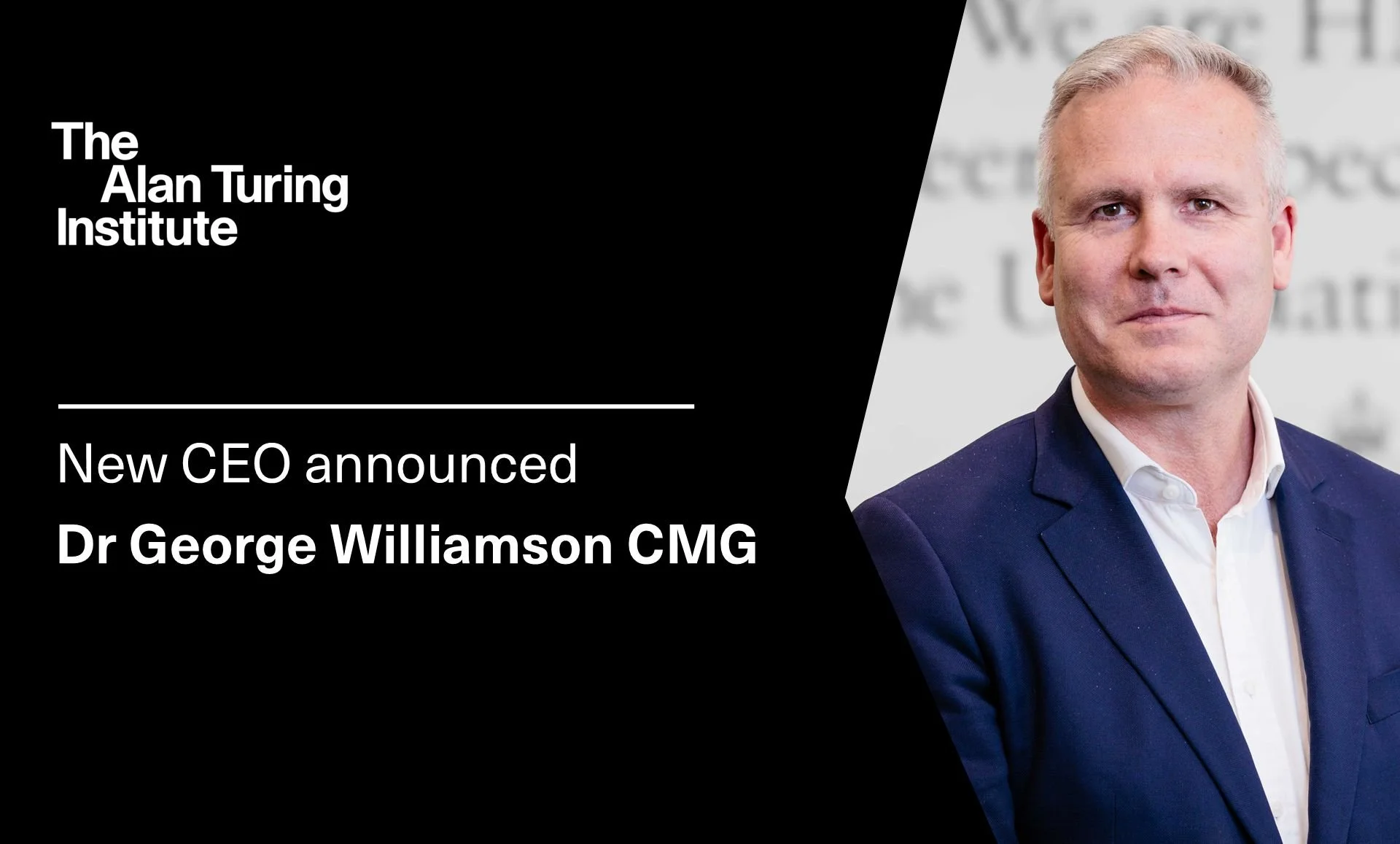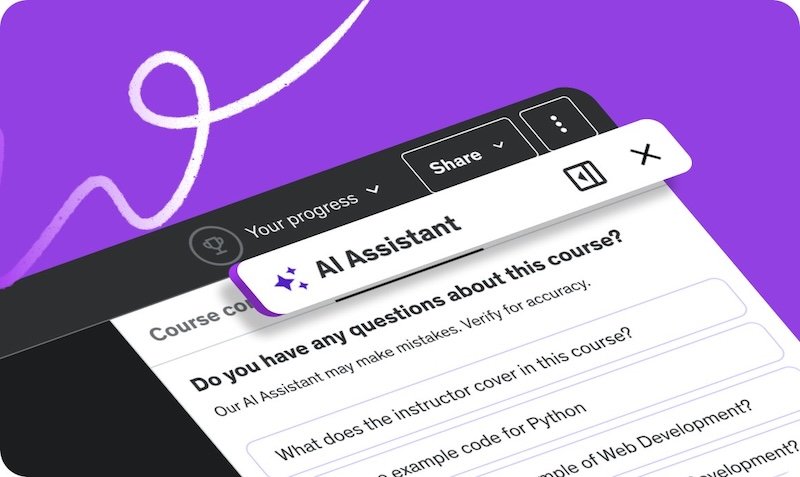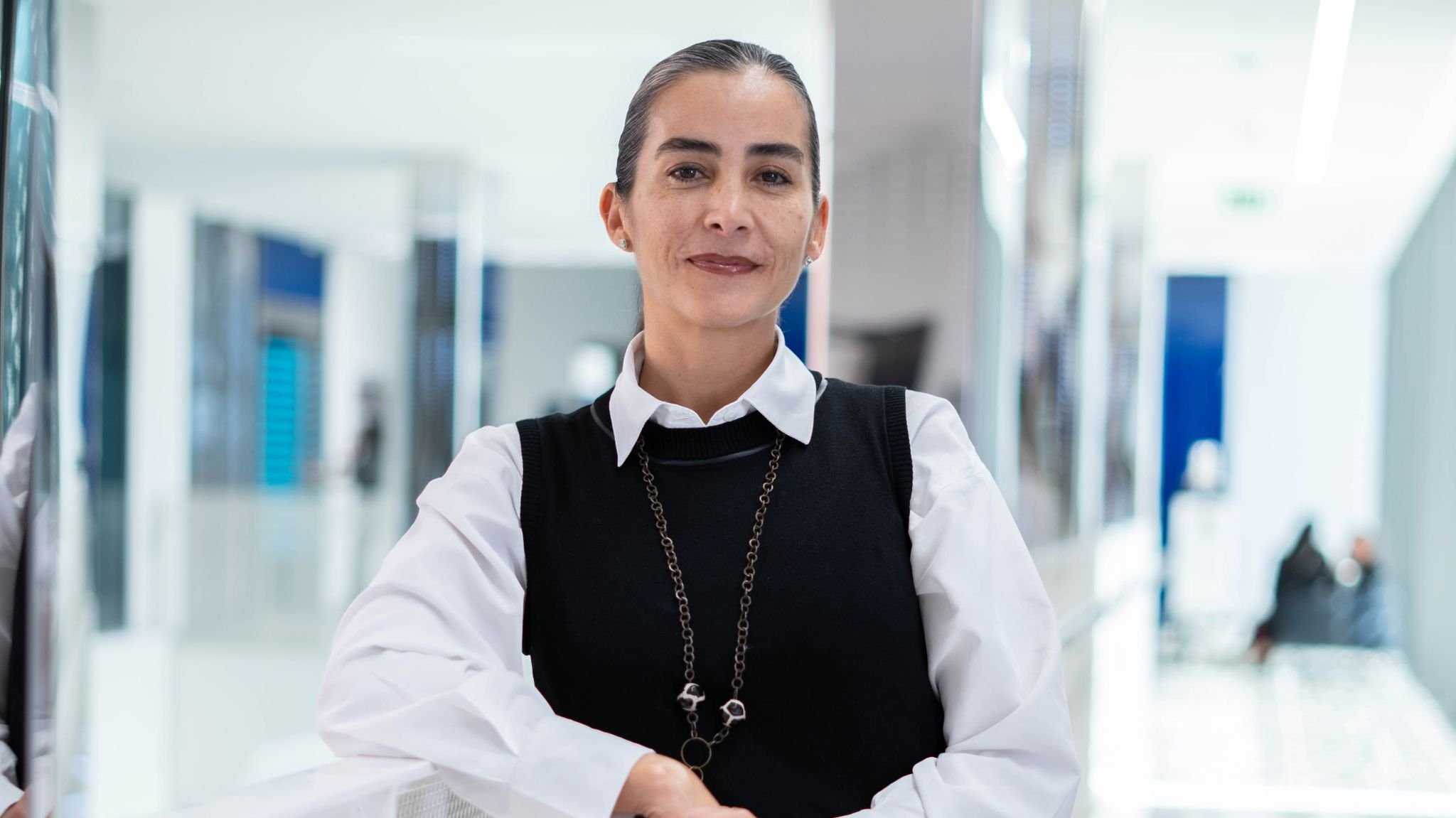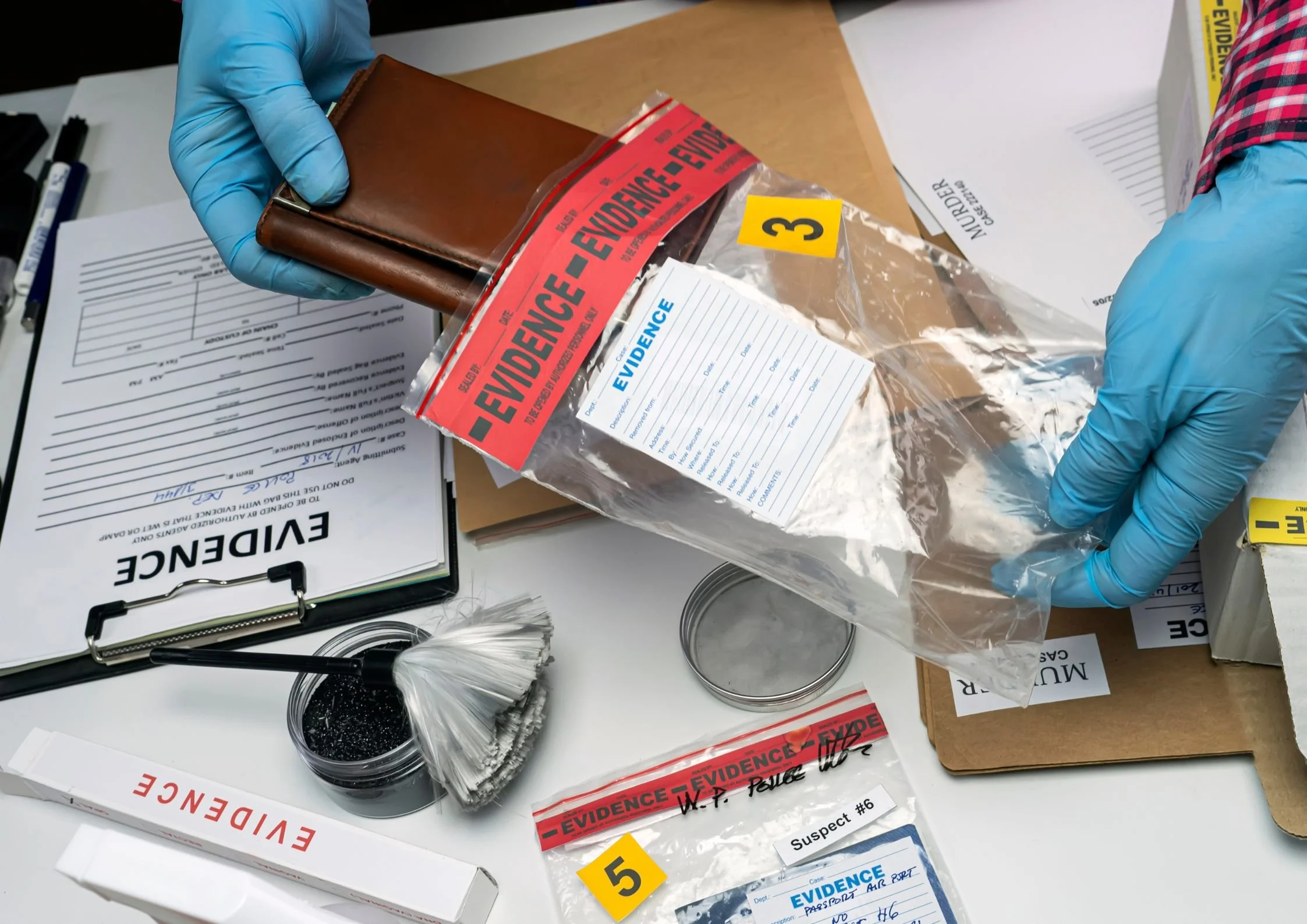AI-driven teacherless classrooms launched in London: Is education ready for the shift?
As artificial intelligence continues to make inroads into various sectors, its impact on education is becoming increasingly significant.
The launch of the UK's first AI-driven teacherless classrooms at David Game College, a co-educational institution in London, raises critical questions about the education sector's readiness for such a profound shift.
Set to begin with the first cohort of GCSE students in September, the bold approach aims to transform the traditional learning experience by integrating advanced technology into the classroom.
But will this new model truly enhance education, or could it introduce unforeseen challenges? And more importantly, is AI at a point where it is intelligent and capable enough to take on the complex task of teaching children?
David Game College, celebrating its 50th anniversary this year, has introduced the Sabrewing programme, a pioneering initiative that entirely replaces conventional teaching methods with AI-driven adaptive learning platforms.
The move is intended to cater to students who struggle with or find traditional classroom settings challenging. However, the extent to which AI can effectively replace human teachers remains an open question.
The Sabrewing programme offers a personalised learning experience, allowing students to progress at their own pace. While this approach could benefit students by keeping them engaged, it also raises concerns about how students who need more guidance and interaction might fare in such an environment.
The use of learning coaches, who will provide support focusing on students' motivation, progress, and wellbeing, is intended to mitigate these concerns. The college states that the coaches will ‘undergo a rigorous multi-stage recruitment process involving in-person assessment days, cognitive tests spanning verbal reasoning and emotional intelligence’, but at ETIH we wonder if this support can fully compensate for the absence of a qualified expert teacher.
In addition to academic instruction, the programme places a strong emphasis on life skills, such as critical thinking, digital literacy, and public speaking.
John Dalton, Co-Principal of David Game College, addressed potential concerns about the radical nature of this programme: "While the notion of classrooms without teachers might seem radical, our aim is to enhance learning, not replace teachers. This model allows students who thrive in non-traditional settings to excel through a personalised and highly supported educational journey."
However, sceptics might argue that the success of this model hinges on more than just technology. The human element of teaching, with its expertise, ability to adapt in the moment, inspiration, motivation, and connection with students on a personal level, is something that AI has yet to replicate. As such, the real test of the Sabrewing programme will be whether it can maintain the quality of education that students need to succeed.
David Game, Founder and Co-Principal of the college, expressed his vision for the future of education, "Our aim is to advance the way education is delivered by offering a tailored educational experience that continually adapts to the needs of each student." Yet, as education increasingly embraces technology, it is crucial to ask whether this adaptation is always in the best interest of the students.
Educational experts have shown a keen interest in this programme. Rudolf Eliott Lockhart, Chief Executive of the Independent Schools Association, commented:
“The Sabrewing programme is fascinating. Using AI to drive an adaptive learning approach has the potential to be a real game-changer and at David Game College they are looking to underpin this innovative approach with serious educational expertise. I am really excited to see this project develop and to see what the pupils can achieve.”
As the enrollment process begins, the education sector will be watching closely to see how this ambitious programme unfolds. Will AI-driven classrooms prove to be the future of education, or will they reveal the irreplaceable value of human teachers? The coming months will be critical in determining whether this new model can live up to its promise or if it will require significant adjustments to truly benefit students.









